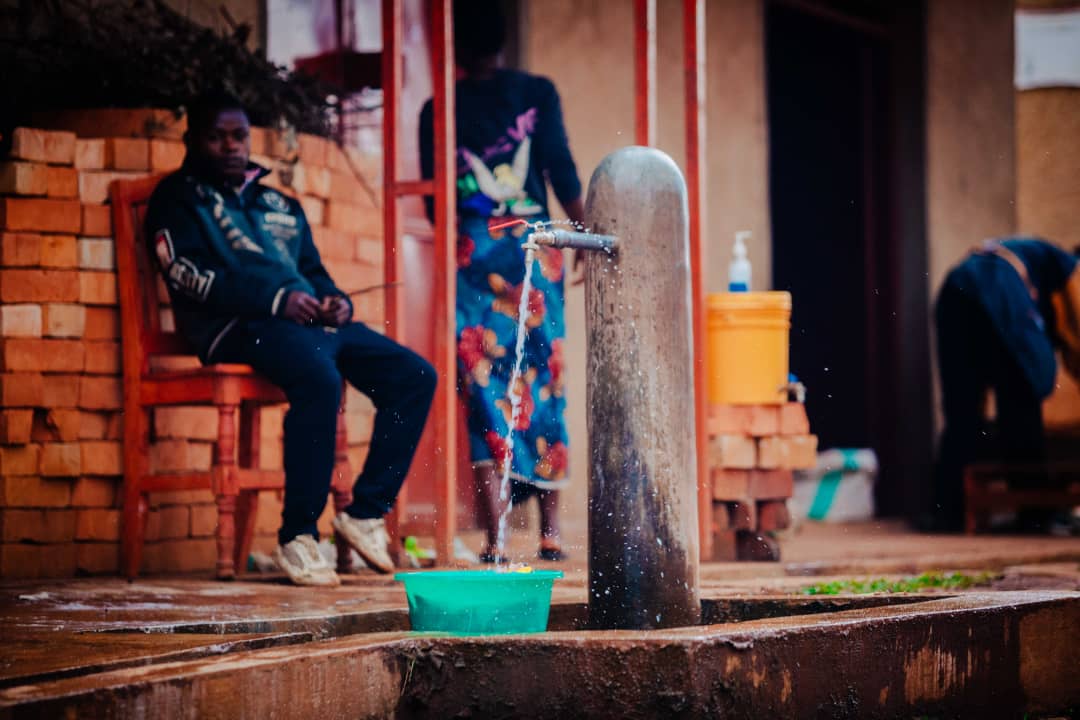No Toilet? Build Your Own
Burundi has nearly 3,000 hills that hold more than 30,000 water sources. Yet 30% of the population still lack drinking water and latrines.
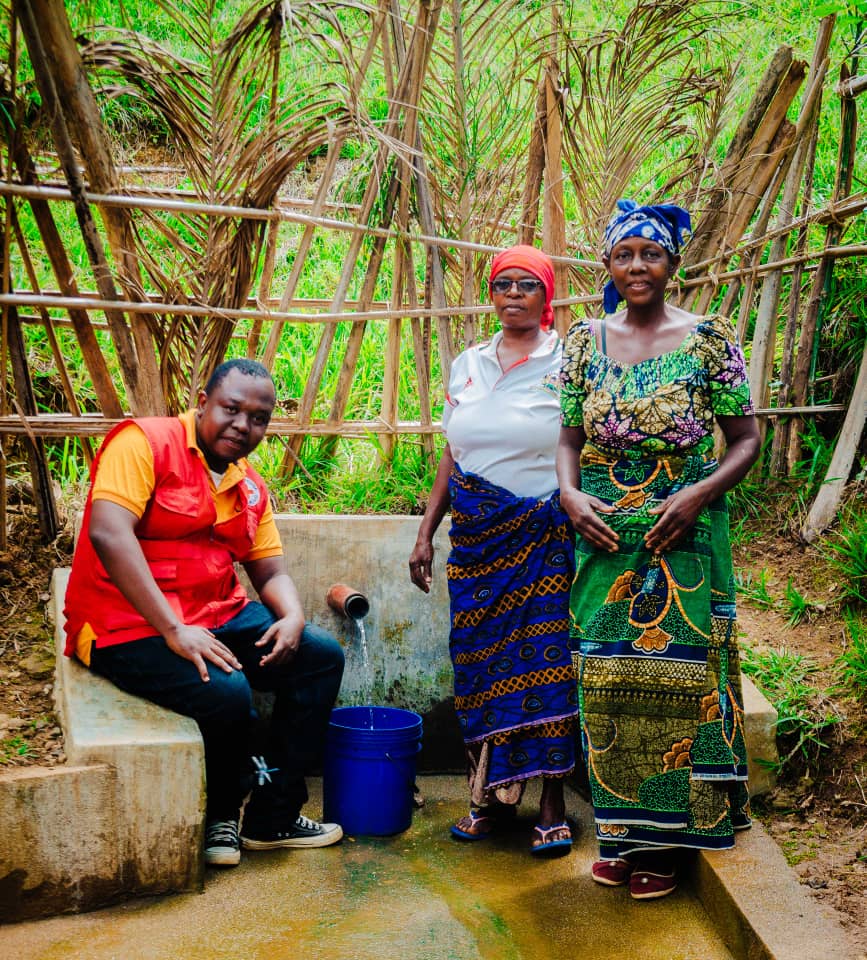
BUBANZA, BURUNDI–Following the inaction of the authorities to put investment into hygiene and sanitation, some inhabitants of Bubanza province decided to solve the problem on their own by building water fountains and latrines themselves to reduce the spread of disease.
The province of Bubanza in western Burundi has paid a heavy price for this lack of hygiene and latrines. The disarray is total among 5000 people who have been living on the 25 hills of Bubanza district’s four areas for five years.
“Worse”, said Gilbert Ndikumana, a resident of the Muramba zone in Bubanza district, “no tap was installed in those neighborhoods, life here was unbearable, there weren't even latrines”, he added. According to Mr. Ndikumana the water used was drawn from the rivers. To relieve themselves, says this father of 5 children, the inhabitants go into the bush and they risk catching diseases such as dysentery and cholera due to unclean hands.
In Bubanza, the water problem facing much of Burundi was accentuated by the government’s low investment in the sector, which resulted in neglected rural water infrastructure, poor monitoring of drinking water at the communal level, vandalism of parts installed on public equipment, and no ongoing maintenance.
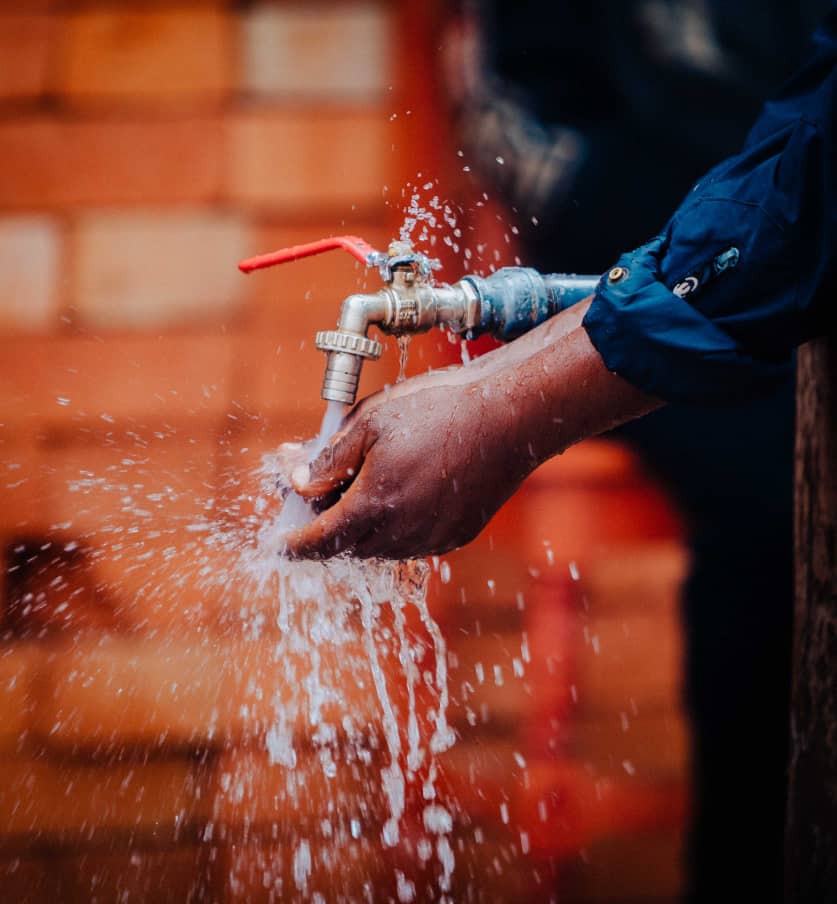
In the district of Bubanza alone, 180 public latrines and 60 sources of drinking water were installed across the district. The population is overjoyed by the work that was possible thanks to the initiative of the natives of the Bubanza district as each household contributed a sum of 3000 Burundian francs.
The health center and the Bubanza market have just begun to benefit from the new latrines which are accessible by people living with disabilities and hand washing devices for patients and nurses.
“Previously, the nursing staff traveled almost 5 km every day to draw water from the traditional open well in the main town. Worse, the patients would poop in the woods close to the health center,” said Julien, a nurse at the Bubanza health center.
The residents of Bubanza District initiated this water sanitation project in 2019 during their regular gathering for a soccer game at a local field. After their discussion at the football field, residents set to work to increase the accessibility of proper facilities.
"We said to ourselves that we had to do something concrete in our district which was struck by diseases linked to dirty hands, we went door to door to raise awareness among the populations to contribute" says Jean, one of the initiators of the local project.
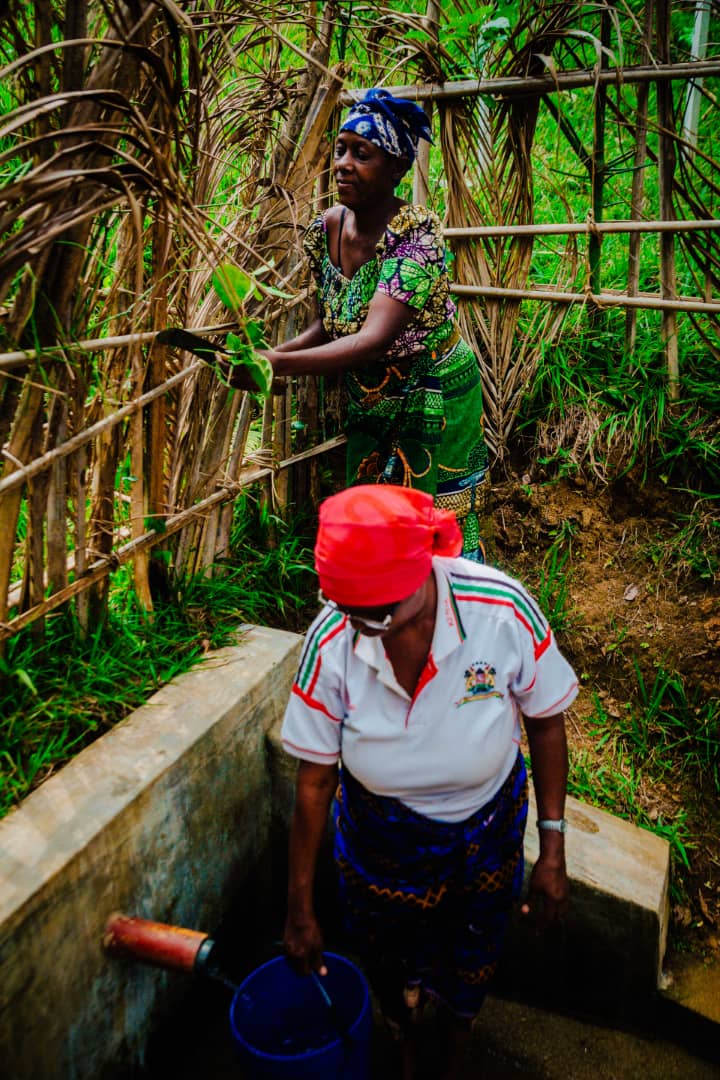
When the Bubanza health center was inaugurated, the risk of disease contamination from dirty hands was real. “We didn't have water to wash our bodies. Before starting our job, we should send the workers to fetch water,” he added.
Adeline, a trader at Bubanza market, said that since the supply of drinking water and the use of the hand washing system and latrines, the number of patients suffering from hand diseases has decreased.
“Cholera and bacillary dysentery have almost disappeared in the (neighborhoods) locality and its surroundings,” she says proudly.
Since the population of Bubanza had suffered a lot from the lack of water, they organized themselves to build new fountains in different schools and in this market.
"To see the efforts that the population without outside help has made in our locality for their personal development, the change is superb. This means that we are considered as an island of development for the municipality and the whole country." rejoiced Anglebert, a resident of Bubanza.
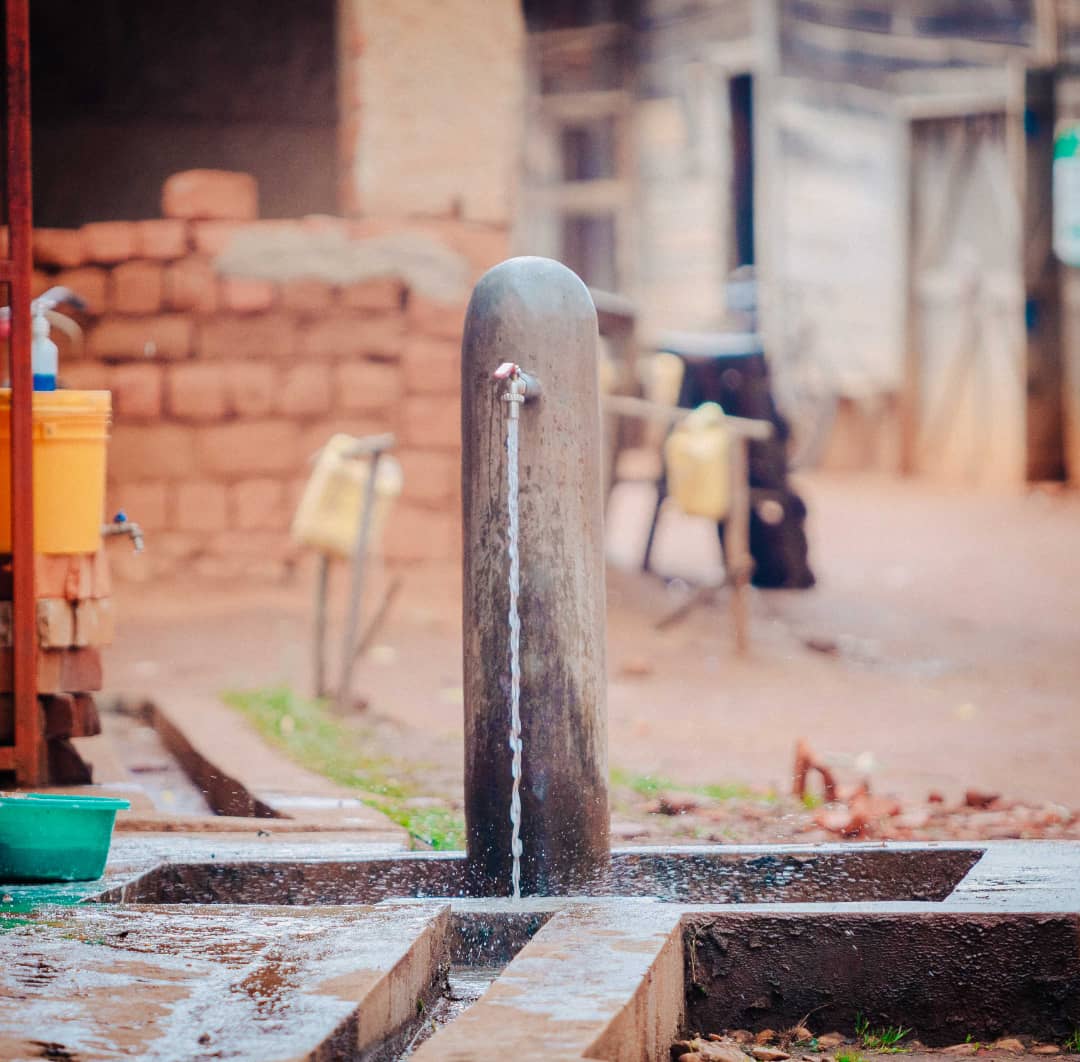
Around Bubanza the situation was even more precarious before the population contributed to implement this project for the supply of drinking water and latrines.
Today, the percentage of people with access to drinking water is close to 60%. In some villages, there was a total lack of infrastructure. The women therefore spent hours carrying cans of water over long distances. Due to the actions of the people of Bubanza, things have changed. The initiative succeeded in collecting more than 200 million Burundian francs (approximately $940 USD) and made it possible to provide better living conditions to all the communities of Bubanza.
''We have built another 50 water taps and 60 latrines, many of which are already functional. We are also planning the installation of several water committees responsible for the management of these wells,” explained Olivier Kibumba, a butcher and resident of Bubanza.
Following the initiative, more and more Bubanza residents have access to latrines and drinking water.
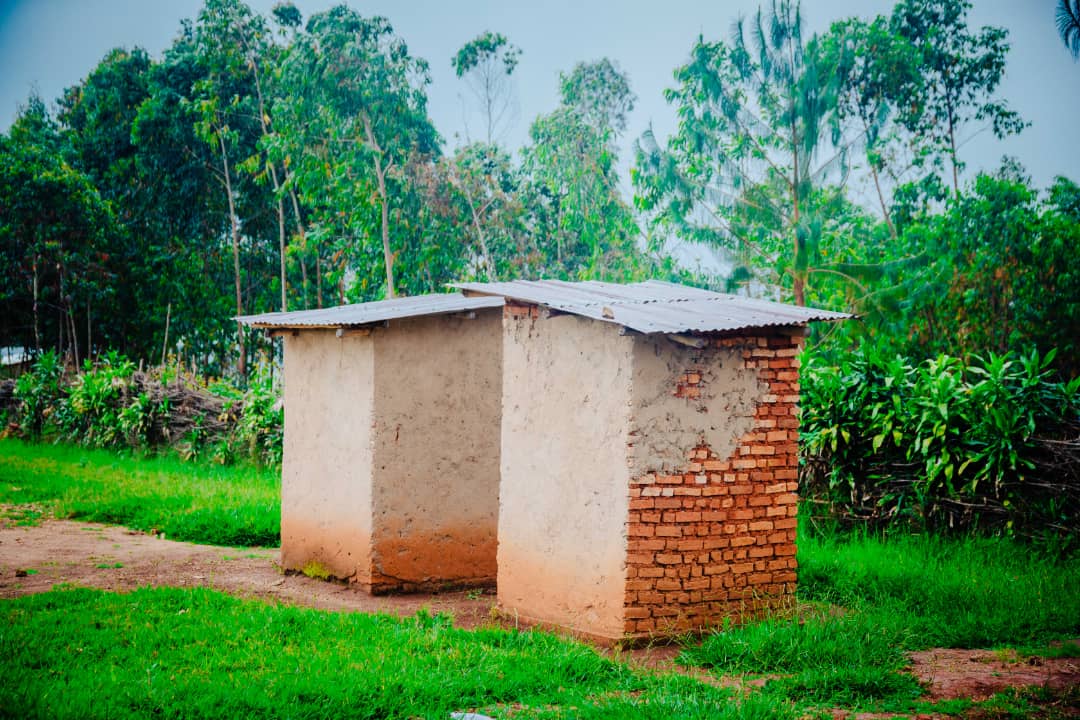
''The latrines and the taps are less than 500m away, the time taken to get there is 15 min, and the number of people who share the tap are less than 50 in the 4 areas that form the Bubanza district. Things have improved significantly [over the last] 2 years because, since the beginning of 2022, now we have no cholera patients or dysentery in our district, while in 2019 we recorded 100 patients per month,” rejoiced Anicet, a doctor from the Mitakataka health hospital in Bubanza district, a native of this region.
In Burundi, in 2021, the budget allocated to drinking water and latrine infrastructure was BIF 15 billion (approximately $7.3 million USD), while in 2016, the allocation amounted to BIF 6 billion (approximately $974 thousand USD). According to the National Development Plan, 170 billion Burundian francs (approximately 83 million USD) per year are needed to ensure hygiene and sanitation for all Burundians, a gamble far from being won in a poorest country in the world where 1 child in 10 dies before reaching 10 years following diseases related to dirty hands.
''We are the first in the 5 municipalities/commune of form the province of Bubanza to achieve this feat in less than 2 years without the help of the government or other organizations and we will have to serve as lessons for other localities to take into their destinies without waiting for the public authorities who have failed to meet the vital needs of the populations'” declared 'launches Jérémie, a sixty-year-old from the Buvyuko Zone of thein Bubanza commune
